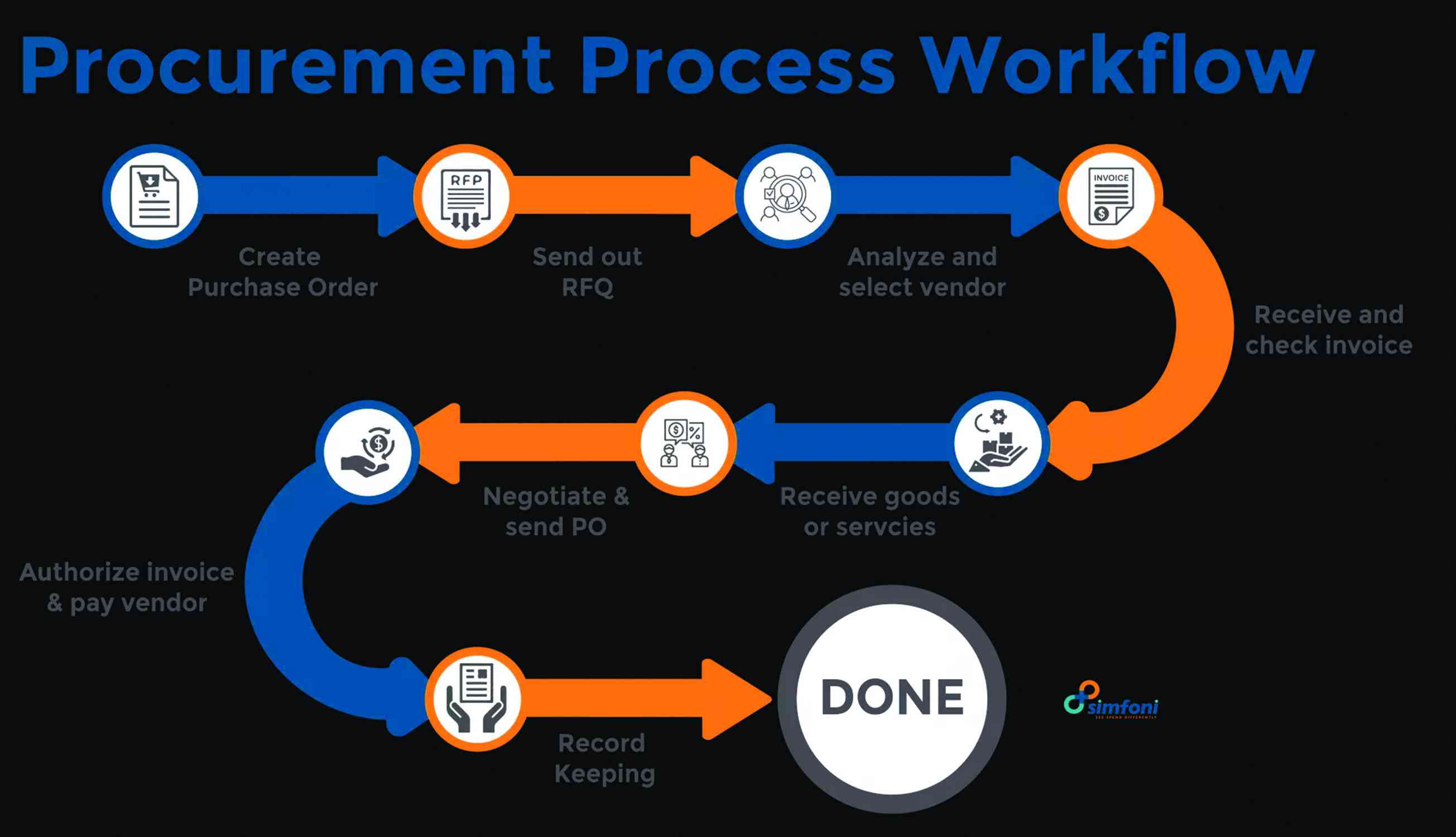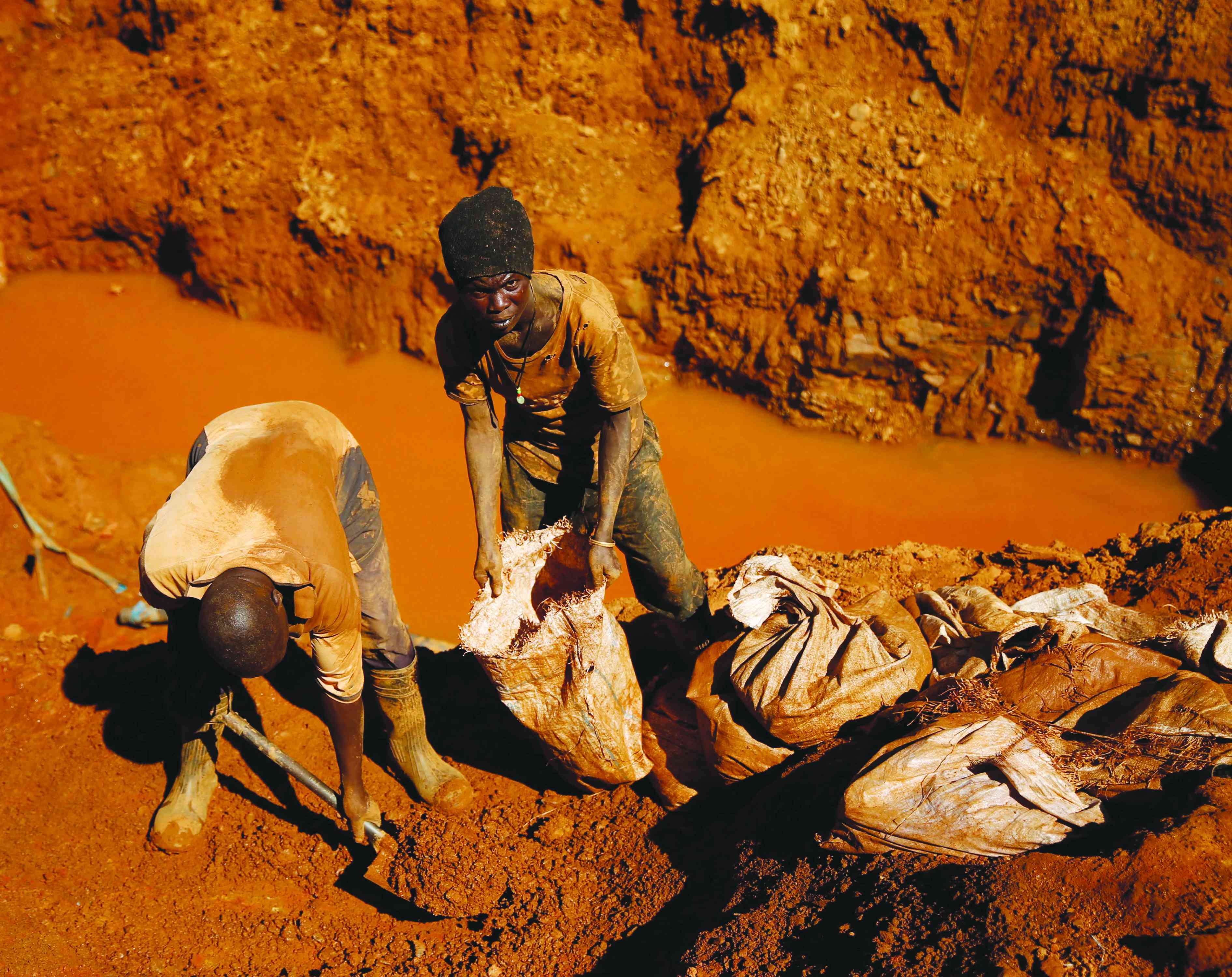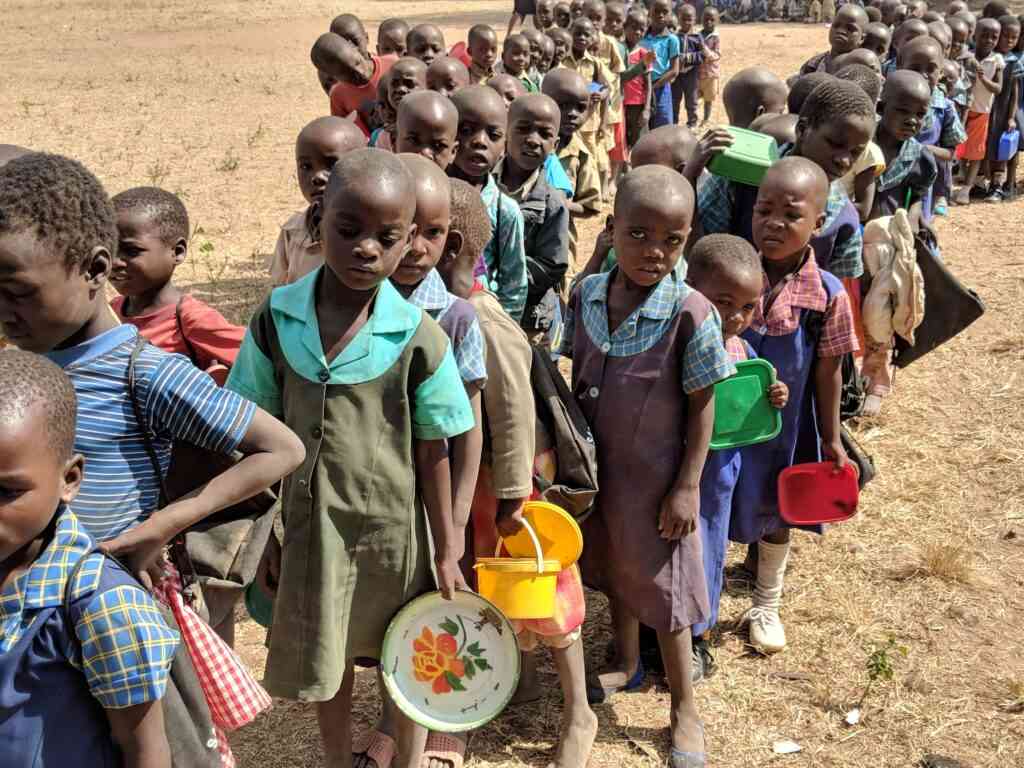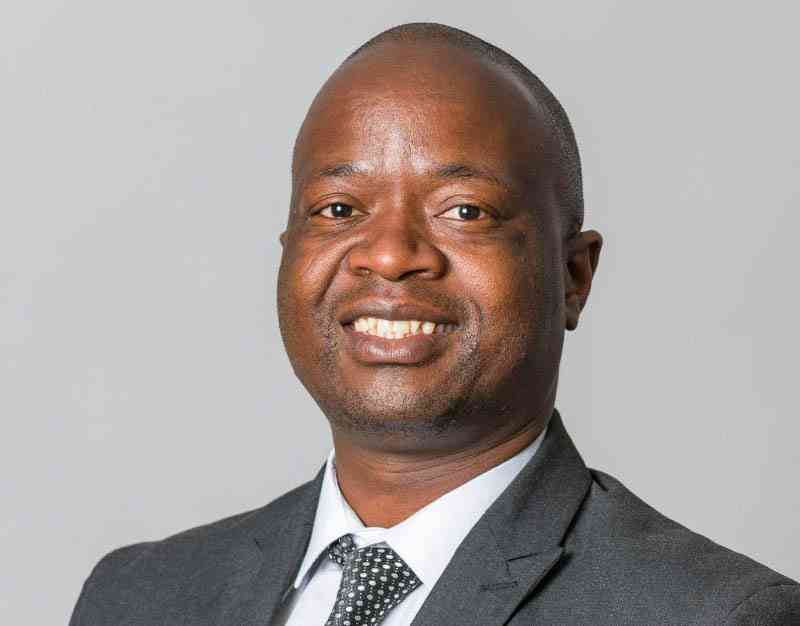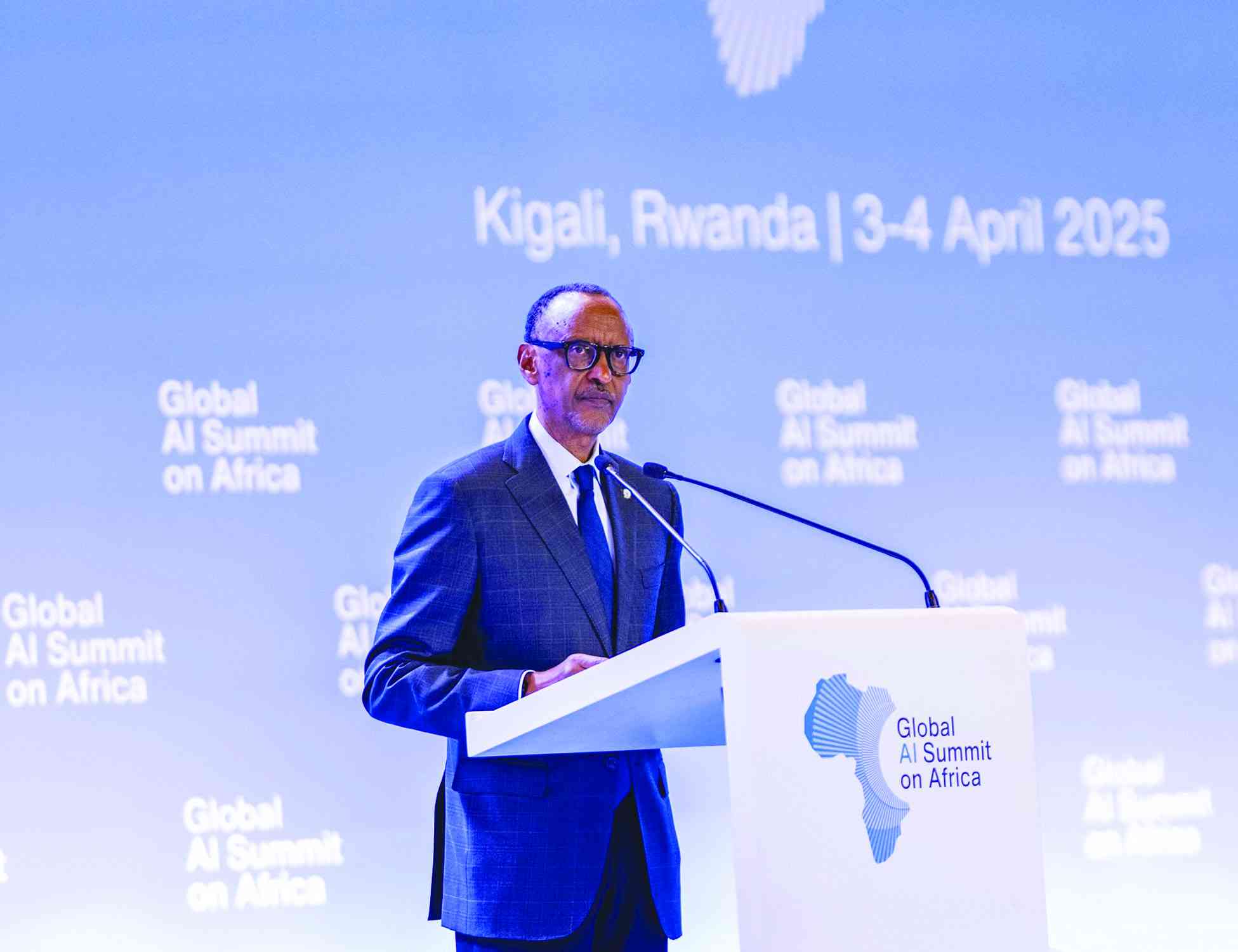
I recently attended the inaugural Global AI Summit on Africa in Kigali, Rwanda. This event brought together over 2 000 policymakers, tech leaders, and innovators from more than 90 countries, all converging to discuss Africa’s AI future.
Several key themes and takeaways emerged from these discussions. A recurring statement was the reminder that by 2050, one in four people in the world will be African, a demographic shift that framed many conversations about Africa’s importance in the global AI landscape. The summit was thought-provoking and presented numerous insights into an AI-powered future for Africa.
Africa’s growing population and youthfulness were consistently highlighted. This reality, coupled with the fact that 60% of Africa’s population is under 25, was frequently cited as both a challenge and an opportunity.
Speakers emphasised that Africa’s demographic dividend can fuel an AI-powered transformation if properly harnessed. Rwandan President Paul Kagame set the tone by highlighting Africa’s immense potential for innovation and creativity given this youthful population.
In his keynote speech, Kagame stressed that Africa must actively shape its technological future.
“Our strategy should be to go back to the drawing board and build a strong foundation for connectivity … Let’s continue working together and driving AI to reduce inequality, allowing more of our citizens to benefit from the good AI can deliver to all of us.”
His words underscored the urgency of improving internet access and digital infrastructure to ensure Africa’s young workforce is not left behind in the AI revolution. There was also significant discussion about promoting solutions developed by local talent to create a robust talent pipeline on the continent.
As a development economist, I suggested during discussions with other delegates that data is one of Africa’s most valuable economic assets and that governance strategies should pivot around this notion. AI governance should be an enabler rather than an opportunity to reflect trust deficits.
- We were sad to see ED in Rwanda: Ndiweni
- Kagame expected in Harare
- Kagame accuses DR Congo leader of dishonouring deals
- Rwanda's ruling party elects woman to deputise Kagame
Keep Reading
This sentiment resonated in multiple side events where it was revealed that only 1% of the data available for developing AI models pertains to Africa, compounded by the fact that Africa controls only 1% of the global data centre market. Panelists emphasised that “data is the oxygen of the AI economy” — an essential resource to fuel AI algorithms and industries.
From these discussions, I inferred that countries need to treat data as they would a natural resource: managing it strategically, investing in infrastructure to collect and store it, and developing governance rules to share and protect it. Recognising data as an economic asset should influence governance and the overall rules of engagement regarding AI.
Inclusivity was a recurring theme at the summit — ensuring AI benefits all Africans, not just a select few. Various speakers stressed that AI must never stand for “advancing inequality”.
United Nations Secretary-General António Guterres has cautioned globally that we must join forces to ensure AI never stands for “advancing inequality”. Given Africa’s youthful demographics, it was no surprise that youth empowerment and skills development received strong focus.
Tangible praise was given to countries making strides in skilling their young people in tech and innovation. It was encouraging to hear Africa’s policymakers push for digital literacy, particularly in Tanzania where a government minister described how the country is collaborating with top technology institutions worldwide to offer scholarships for young people.
Aminah Zawedde, a Ugandan government official, explained the initiatives their AI hubs are undertaking to train and assist young people in delivering AI-powered capabilities.
Discussions also explored the development of customised learning programmes that allow students to compress three years of studying into one year, preparing them for work in Data Science and Artificial Intelligence.
This approach enables young people to train and retrain rapidly, becoming part of the AI labour market. Numerous examples were provided of community projects advancing digital literacy curricula from foundational stages of learning. I emphasised the need to mainstream AI beyond Computer Science, integrating it into traditional professions such as legal or accounting sectors.
Fola Adeleke from the Global Centre for AI Governance highlighted in his discussion with me that value-based decision-making involves social science, law, ethics, and digital anthropology. This for me underlines the importance of cross-disciplinary AI education.
During a plenary session, one expert suggested that governance should be harmonised while acknowledging that there is no universal approach. He emphasised that all governance models should complement each other. Additionally, he proposed the establishment of a governance council for all African regulators to convene quarterly to ensure that policy clauses are appropriate and cohesive.
Infrastructure, or the lack thereof, remains a significant hurdle for tech in Africa and was a major topic at the summit. Reliable electricity, affordable internet, and computing hardware are critical dependencies for AI.
Zimbabwean billionaire Strive Masiyiwa spoke about his venture to establish Africa’s first AI factory to empower businesses, startups, and researchers with advanced AI infrastructure. He highlighted that deploying data centres in five African countries would significantly enhance AI capabilities.
Annick Sakho, director of government affairs at Oracle from Cote d’Ivoire, shared that using hydro power ensures their energy supply, emphasising the importance of basic infrastructure investments for leveraging AI capability fully. The Mastercard Foundation’s commitment to increasing digital literacy and enhancing digital accessibility was commendable. A young man supported by the foundation developed an application called Deaf Can Talk, which translates speech to text to support the deaf community. This app has already been implemented in schools, enabling deaf children to access mainstream education. Discussions considered extending the app’s use to platforms in banking or digital health. Rodwell Mangisi, director of digital economy at the Mastercard Foundation, articulated the importance of targeted upskilling programmes for creating sustainable, high value employment that benefits all demographics.
One of the most inspiring aspects of the summit was the sense of pan-African unity. It was repeatedly emphasised that no single African country can advance alone. The summit organisers ensured diverse representation, including prominent voices of black women globally. An official captured the conference’s purpose well, highlighting “the necessity of a unified forward thinking Africa agenda”. The all-female panels demonstrated Africa’s progress and commitment to inclusivity in seizing AI opportunities.
Leaving Kigali, I felt a sense of optimism and urgency. The Global AI Summit on Africa was a call to action for the continent. African leaders and innovators laid out a vision where AI encourages equality, growth, and self-reliance.
- Mutambasere is a development economist at Africa Centre for Economic Justice (ACEJ). — [email protected].

